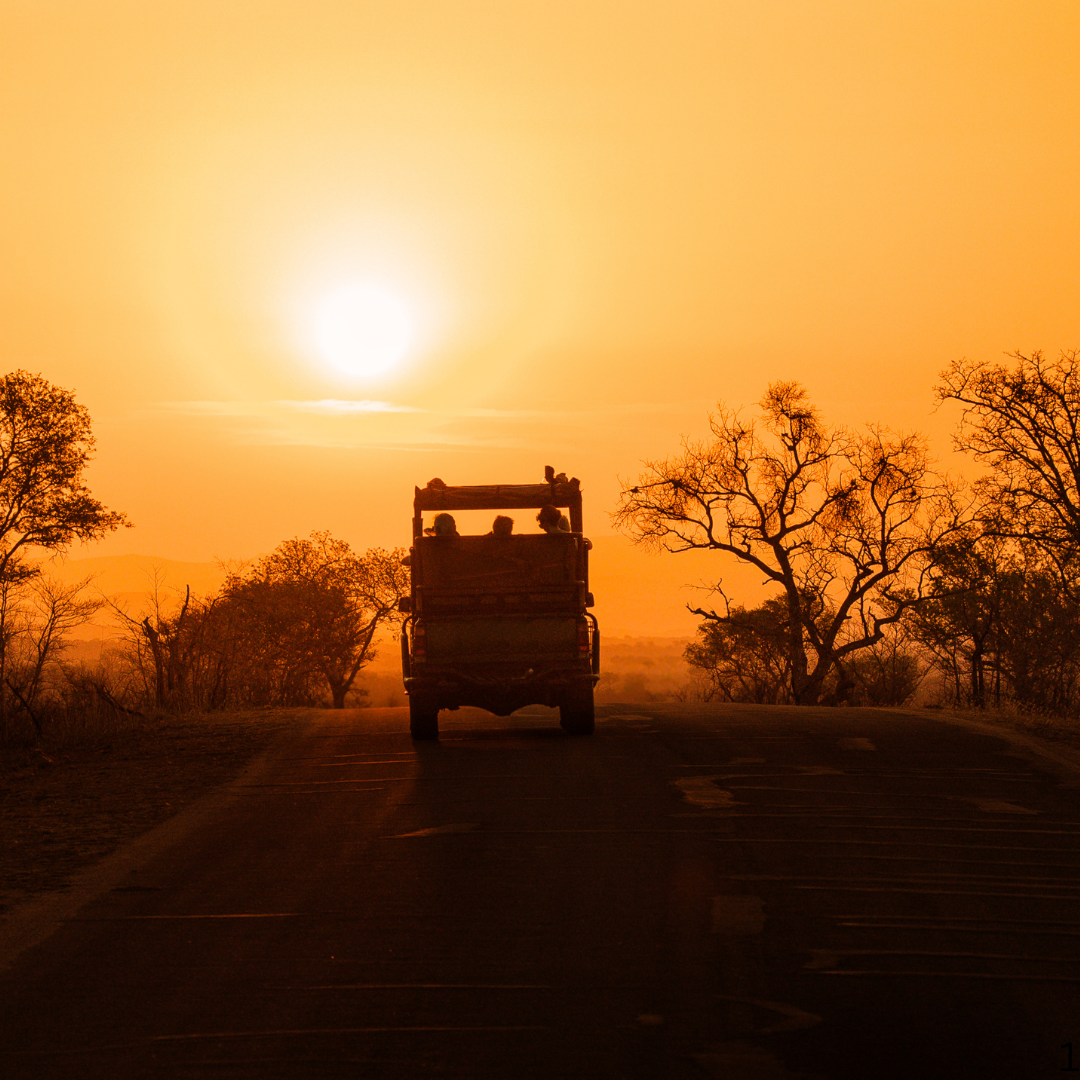A Practical Guide for Texas Hunters Booking Their First African Adventure
Why African Hunting Appeals to Texas Sportsmen
For Texas hunters, African hunting is often the pinnacle of a lifetime in the field. It’s not just about the species, though pursuing kudu, Cape buffalo, or leopard certainly tops most bucket lists; it’s about stepping into vast, untamed landscapes that demand preparation, skill, and respect for the hunt.
While Texas offers exceptional deer, hog, and exotic game hunting, Africa provides an unmatched diversity of species and a range of hunting environments that test even experienced sportsmen. Planning your first safari from Texas requires more than booking flights and finding an outfitter. It’s about making strategic decisions that affect the quality, legality, and overall success of your hunt.
[DYNAMIC-BLOGTABLEOFCONTENT]
Start with a Clear Hunting Goal
Before you look at dates or destinations, decide what you want to hunt. Are you drawn to dangerous game, such as lion, leopard, Cape buffalo, elephant, and rhino or do you prefer the variety of plains game such as kudu, sable, and impala? Your choice will influence:
- Which countries are most suitable
- Permit availability and costs
- Hunt length and season timing
For example, South Africa offers an unmatched variety of plains game species, while Tanzania, Zimbabwe, and Zambia are known for dangerous game concessions with low hunting pressure.
Choose the Right Destination from Texas
Different African nations offer different hunting experiences. A Texas hunter who values a mix of comfort and species variety might lean towards South Africa or Namibia. Hunters seeking a more remote, expedition-style safari might choose Tanzania, Zambia, or Mozambique.
Key considerations:
- Travel time from Texas: Most hunts will start with flights from Dallas-Fort Worth, Houston, or Austin to Johannesburg, Windhoek, or Nairobi, with regional connections to hunting areas.
- Hunting regulations: Each country has its own licensing requirements and quotas.
Species availability: Some animals, such as black-faced impala or sitatunga, are only found in specific regions.
Select a Pre-Vetted Outfitter
Booking with a trusted, pre-vetted outfitter ensures you’re hunting legally, safely, and with a team that understands both the local environment and international hunters’ needs. Game Hunting Safaris works exclusively with outfitters who meet strict safety, conservation, and client care standards.
Look for outfitters with:
- Valid permits and concession rights
- Experienced professional hunters (PHs)
- Proven track records with international clients
- Transparent pricing and clear inclusions
Plan Around the Hunting Season
Hunting seasons vary by country, species, and sometimes region. For Texas hunters, the peak African hunting months (May to October) overlap well with the off-season for deer and other local big game, making it an ideal time to travel.
Certain months also offer advantages for specific species for example, leopard hunting often peaks in the cooler, drier months when baiting and tracking are more effective.
Prepare for Travel and Firearm Transport
Travelling with firearms from Texas to Africa requires:
- U.S. Customs Form 4457 for your firearm
- Airline compliance for declared firearms
- Import permits for your hunting country
Alternatively, some hunters prefer renting a rifle locally to avoid travel complications. Whether you bring your own or rent, always verify calibre requirements for your chosen species.
Budget Realistically
African hunting can be more affordable than many Texas hunters expect, but costs vary widely depending on species, destination, and duration. Your budget should include:
- Daily rates for the outfitter
- Trophy fees for each species taken
- Permit and licensing costs
- Travel, accommodation (pre/post-hunt), and tipping
A transparent price structure like that offered through Game Hunting Safaris helps avoid unexpected expenses.
Understand Trophy Shipping and Import Rules
Once your hunt is over, trophies must be prepared, crated, shipped, and cleared through U.S. customs. This process can take months and requires experienced handlers to ensure nothing is delayed or damaged. We coordinate with taxidermists and shipping agents so your trophies arrive safely in Texas.
Why Work with a Texas-Based Hunting Safari Specialist
Working with a company based in Texas, like Game Hunting Safaris, means your needs are understood in the context of local hunting culture and logistics. From matching you with the right outfitter to handling paperwork, travel, and trophy shipping, we provide start-to-finish support that removes the guesswork from your first safari.
Plan Your African Hunt from Texas Today
If you’re a Texas hunter ready to experience Africa’s iconic species and landscapes, we’ll connect you with vetted outfitters, manage permits, and ensure your hunt is organised for success.
Game Hunting Safaris
5900 Balcones Drive, STE 100, Austin, TX 78731
Email: info@gamehuntingsafaris.com
USA Contact (WhatsApp Only): +1 470 309 6306
View Our Google Business Profile | Contact Us
Frequently Asked Questions
1. How far in advance should I plan my first African hunt from Texas?
Ideally 6–12 months, especially for dangerous game hunts with limited quotas.
2. Can I bring my own rifle from Texas?
Yes, but it requires permits, U.S. Customs registration, and airline compliance. We’ll guide you through the process.
3. Which country is best for a first-time African hunt?
South Africa and Namibia are popular for variety and accessibility; Tanzania and Zimbabwe are great for dangerous game.
4. How long should I book my first safari for?
Most first-time hunts are 7–10 days, depending on target species and travel time.
5. How are trophies shipped back to Texas?
We manage export permits, crating, shipping, customs clearance, and delivery to your taxidermist.
